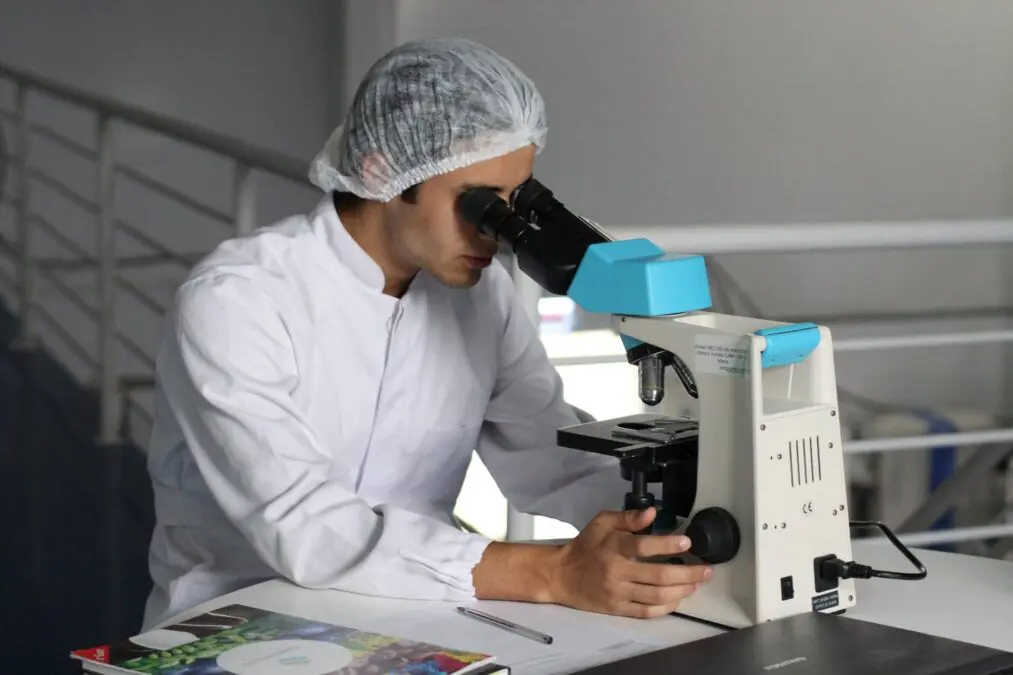Agriculture is one of the key strategic pillars in the fight against climate change. In a world where average temperatures are set to reach levels that humanity has never experienced, we will have to be even more resourceful to feed an ever-growing population. Unfortunately, the “Farm to Fork” plan unveiled by the European Commission last May seems to be going in the opposite direction. Instead of relying on the latest innovations brought about by genetic engineering, the Commission prefers to bet on the democratisation of organic farming, whose ecological and health virtues are, after analysis, very limited.
The Commission plans to reduce the European agricultural area by 10% while converting 25% of agricultural land to organic farming, representing only 7.5% of the land. These two objectives are incompatible. Indeed, given that the profitability per hectare of organic farming is on average 25% lower than that of conventional farming, an increase in the proportion of “organic” farming in Europe must necessarily be accompanied by an increase in the area cultivated – and potentially by a reduction in forests. For example, an article published in Nature in December 2018 showed that conversion to organic farming could lead to significant CO2 emissions by promoting deforestation. After studying the case of organic peas grown in Sweden, the authors conclude that they have “an impact on the climate about 50% greater than conventionally grown peas”. READ FULL ARTICLE HERE






